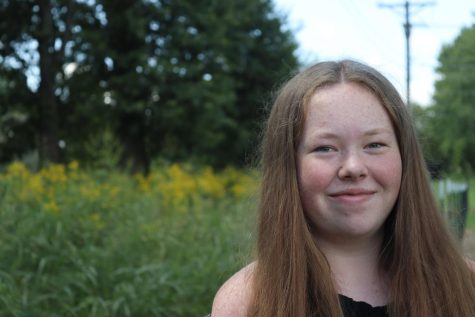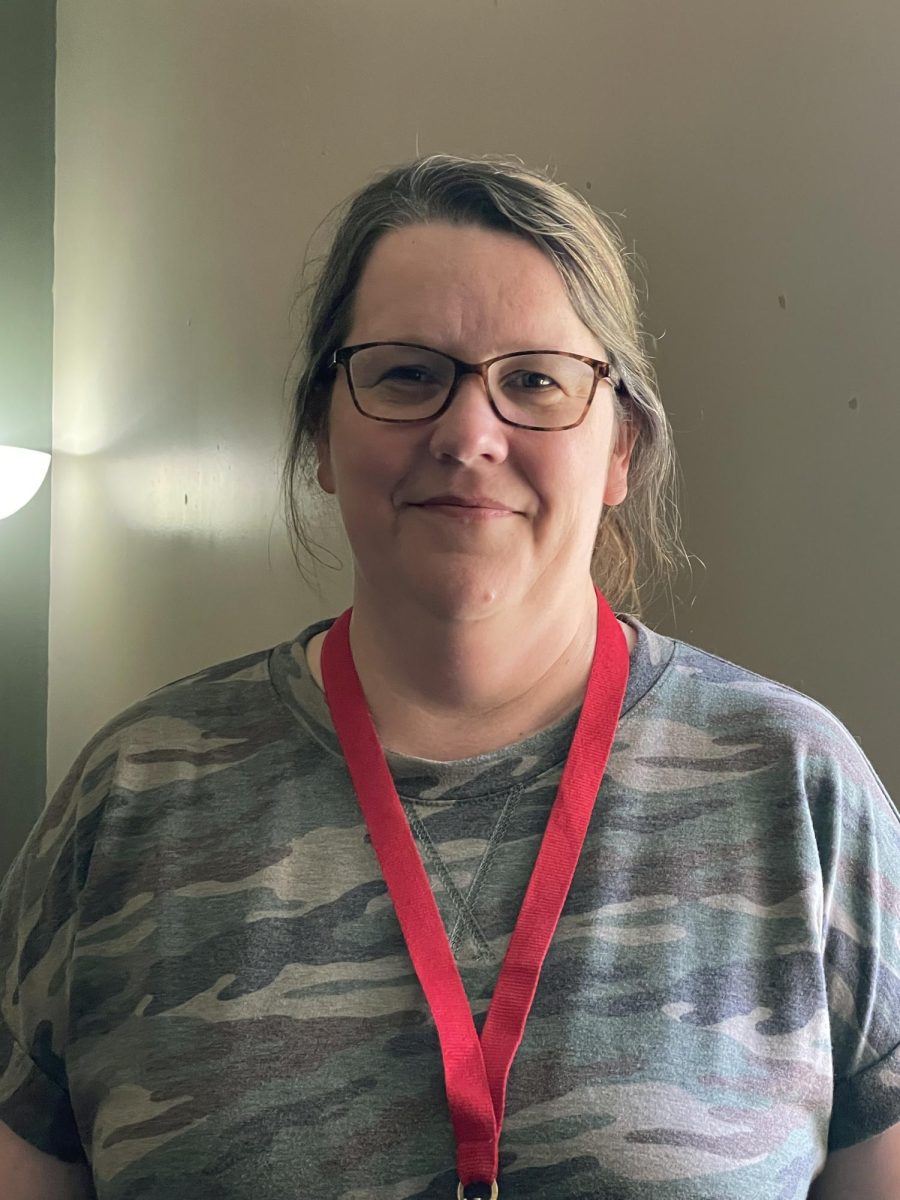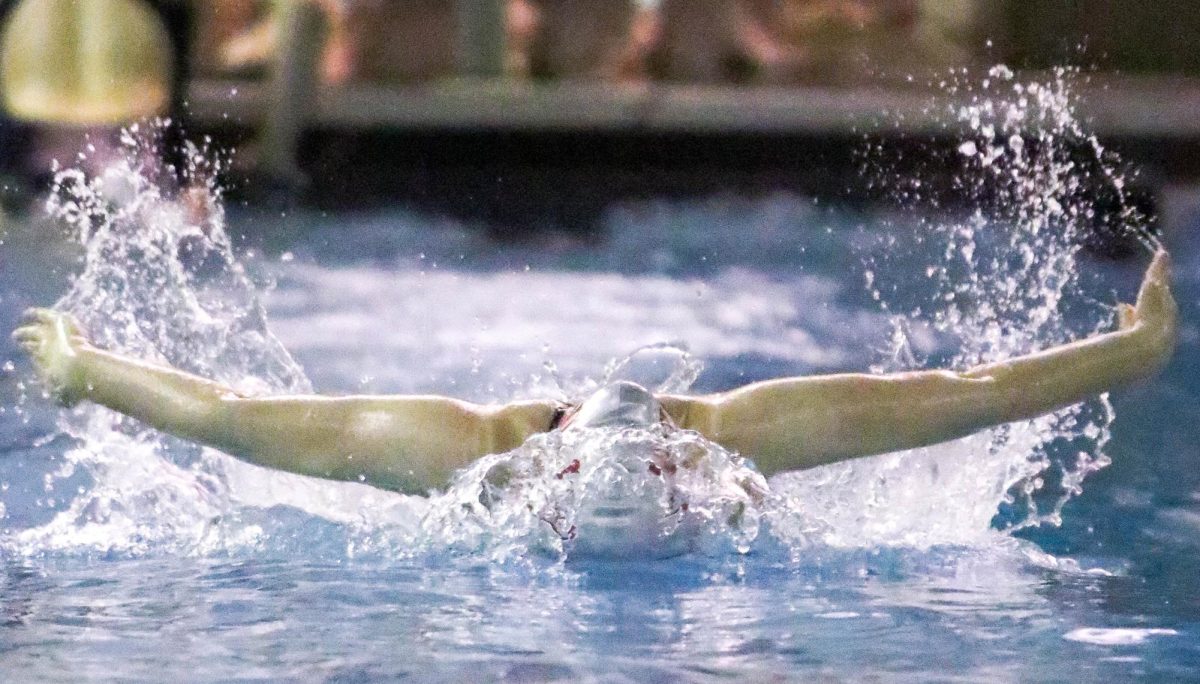Overworked Academics
A closer look into the tolls of advanced courses
April 18, 2023
Nixa High School offers many classes with a good variety of difficulty and material. Advanced placement (AP), honors and dual credit (DC) courses are all available to students. However, these classes are known for being more difficult than others. Although they help in the long run, there are some negative side effects of taking them. Sailor Powley, a junior at NHS, takes many of these advanced courses.
“I am in Pre-Calculus, DC Chemistry I, AP English Language and Composition, Spanish IV… Chamber Choir, and AP American Government,” Powley said.
AP and DC classes are open enrollment, and honors classes have to be tested into or one gets a teacher recommendation.. When a class is AP, it means that college credit can be earned from the AP exam. Similar to AP, DC classes allow students to earn credit for high school while simultaneously taking a college level course. Some students tend to avoid these classes to try and make high school easier, but taking these classes now helps out in college.
“I struggle a lot with time management,” Powley said. “I do sports outside of school, so trying to do homework, sports, and still go to bed effectively can be hard.”
Time management is a hard skill to master, especially when one has a lot of work. It is something that everyone struggles with in some way, but there are certain things that help.
“Just work on homework whenever you can, even at lunch,” Powley said.
One of the big downsides to taking advanced classes is the mental, physical and emotional effects it can have. It causes stress in many students, and is another reason that many students tend to avoid taking harder classes. This can be managed, so long as there is a balance between school and relaxing.
“Mentally and emotionally it takes a toll on social time,” Powley said. “My friends will be out and hanging out with each other and I won’t because I never have the time or energy that I want to just because I either spent it on homework or something else.”
Harder classes can sometimes cause burnout. Burnout is when a student is so overworked and stressed that they just can’t take it anymore. It’s not terribly uncommon, and teachers see it every once in a while. They don’t see kids drop classes, because they are usually too far into the semester to quit, but there are kids that will really start to struggle. Their grades will drop, they won’t put in as much effort, and they will basically give up. Joshua Posegate, AP Psychology and AP Government teacher, sees lots of kids struggle with the hefty workload that comes with advanced classes.
“Depending on the student, some of them take two and get overwhelmed, and some are taking six and doing fine. It really depends on the student and what they’re willing to do and how much work they’re willing to put in. Kids don’t realize how potentially difficult these things are, and then not having enough time in the day,” Posegate said. “Once you get behind in those classes it’s a snowball effect, and makes them stressed out in other classes or activities. The lack of awareness is really where it starts.”
Preventing burnout can sometimes be difficult, but there are some tips and tricks that are recommended to students trying to keep up. Southern New Hampshire University recommends that students try to stay as engaged as possible, develop good study habits and time management skills, set realistic goals and practice self-care. Posegate also has some tips for students.
“Lean on your teachers, a lot of times I encourage kids to come in, and they don’t come in, and then they fail a test and they don’t take advantage of the time their teachers will put in for them,” Posegate said. “Their peers are also there as well, for everyday assistance.”
Junior Abigail Fulnecky is also taking multiple advanced classes. She, like many others, struggles with being on top of things. Fulnecky is enrolled in AP American Government, AP Research and AP Language and Composition. She also does tennis and other extracurricular activities. As hard as it is to manage everything, many students have found ways to prevail.
“At the beginning of the year whenever tennis started it was stressful, but once I got the hang of it, it’s been really cool to see me and my classmates power through these classes together,” Fulnecky said. “That’s the nice thing about it– you’re going through it with your classmates.”
Another popular opinion to why burnout happens is that it is caused by overthinking, stress and how the class is perceived. For example, if a student takes a class for the sole purpose of getting credit or a good grade, they will most likely struggle more as opposed to someone who sees the class as an opportunity to enrich their knowledge.
“What really made school more enjoyable was I stopped taking them for the grade and for the credit and I really looked beyond that and tried to ask myself ‘How is this class going to benefit me, how can I grow my knowledge?’” Fulnecky said.
Although many students think that AP classes are too difficult for them, they are open enrollment for a reason. Everyone can take them, and it’s more about the effort that is being put in instead of one’s academic ability.
“I think that providing that challenge for yourself creates a lot of discipline, it also prepares you for college and it also provides you with the opportunity to receive college credit for those classes,” Fulnecky said.
A majority of students agree that at the end of the year, they’re glad they took the harder class. It provides something that a regular class can’t. It’s challenging, and they’re designed to make a student think. Posegate sees many students go through the AP cycle, and even though they may struggle in the middle, at the end of the year they make it out okay.
“I like the rigor of the curriculum and how it pushes the kids, really challenges them and makes them critically think about topics,” Posegate said. “I think it does a good job of preparing them for the college route.”
However, if a student is not college bound, AP is not the path for them. Those classes are specially designed for those who plan on going to college or those who are looking for an extra challenge. Whether one is planning to attend college or not, there’s a certain type of behavior that fits the kind of student found in advanced classes.
“I would say they are very intrinsically motivated, they want to achieve, they want to do well, they want to have good grades,” Posegate said. “That’s a big part of it. But they also want to have that challenge to see where they’re at, and they’re usually pretty hard working and college bound kids are typically the kids I see in those classes.”
Students who want the extra challenge and are prepared to go the distance are highly encouraged by teachers and colleges to take advantage of the classes offered. However, with rigorous course loads come the possibility for burnout or being overwhelmed. Lightening the workload is better, and teachers are there to help, so taking advantage of those resources can help out a lot. Burnout happens in different ways, and it’s different for each student.







